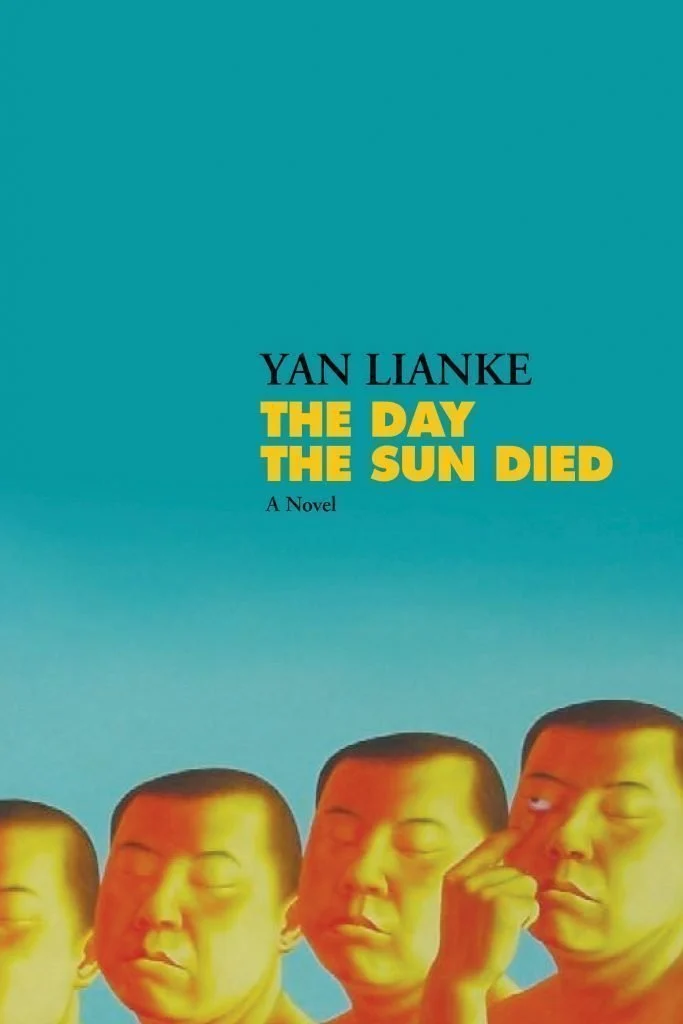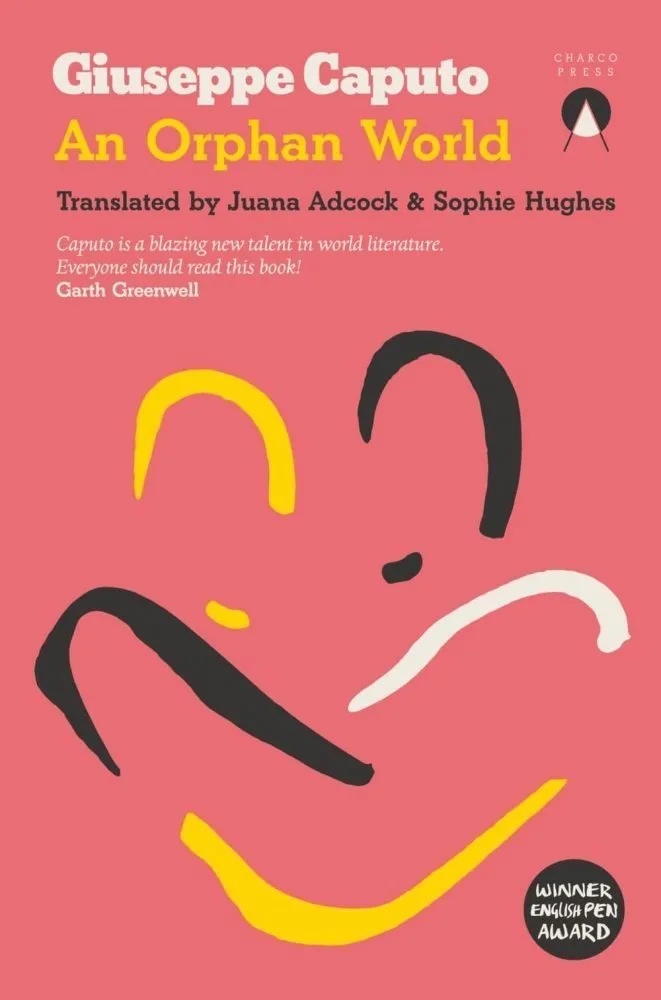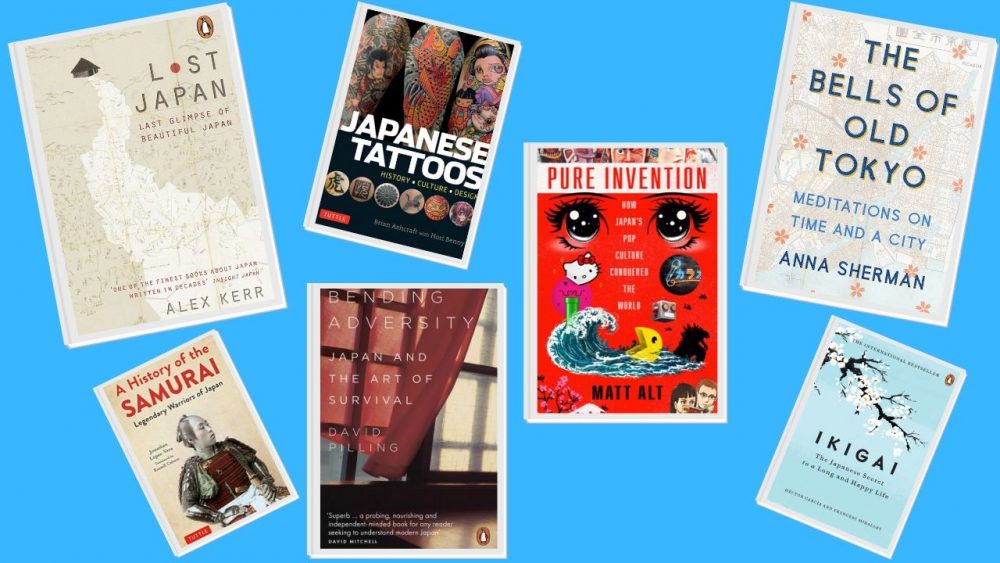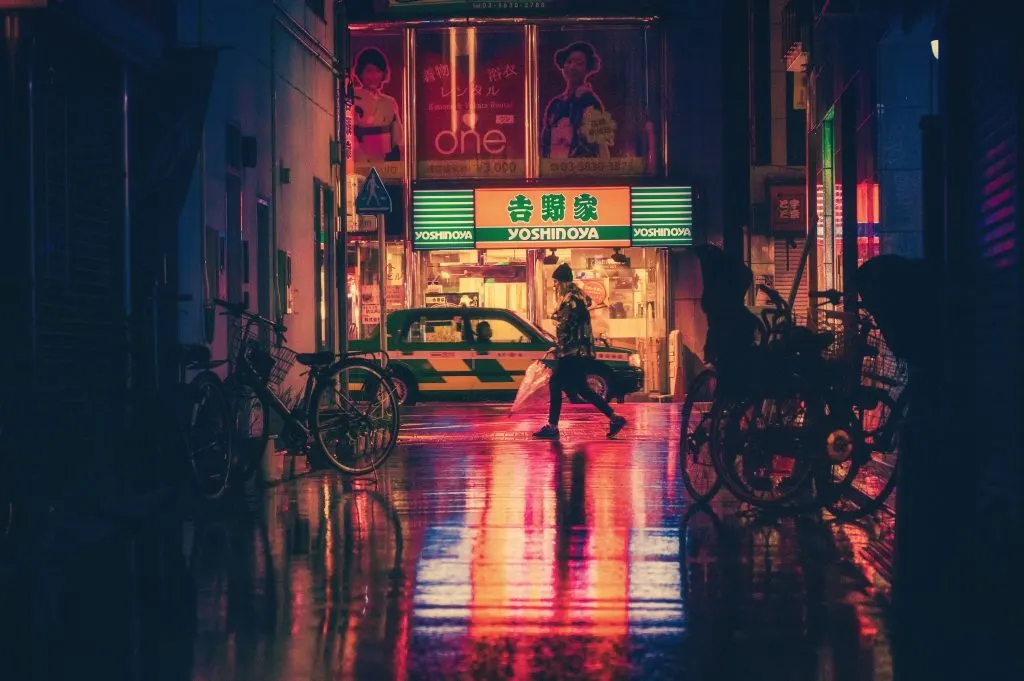Translated from the Chinese by Carlos Rojas
Yan Lianke is not beloved by his own government. Like all great artists, he has the skill and the confidence to hold up a mirror to the face of his society. This face doesn’t like what it sees, and so it hides the mirror as best in can by banning many of this genius author’s books.
Unlike his contemporaries, Ma Jian and Yiyun Li, who have moved to the UK and US respectively (and since have been vocally critical of their homeland’s regime) Yan has stuck it out in Beijing, happy to remain in the middle kingdom possibly at his own risk.
China, after all, doesn’t like honesty, and while The Day the Sun Died may be a deeply unsettling story about a single night where an entire rural town zombified into dangerous sleepwalkers, it might be the author’s most honest work to date.

The Chinese Dream
In a sort of bastardisation of that tired phrase ‘The American Dream’, president-for-life Xi Jinping has coined the phrase ‘The Chinese Dream’, the vision of a great and prosperous China. Yan Lianke has taken that phrase quite literally, and asked his president whether or not the realisation of this dream should be at the cost of its people’s lives.
“It was as though he were sound asleep and no one could wake him … When he reached the wheat fields, he said he was thirsty and wanted to drink some water, then he proceeded to the canal … and drank from it. After drinking – and while still asleep – he fell into the canal and drowned.”
Li Niannian is a fourteen-year-old son of a funeral director living in a village in central China. One night there occurs a “great somnambulism” wherein all the villagers begin dreamwalking, returning to work or acting out their fantasies in the dead of night. As seen from Li’s perspective, we the reader voyeuristically bear witness to the dreams-in-action of the individuals in the village, and are exposed to the Chinese dream taking form.
As it starts, some of the first dreamwalkers we see are people eager to return to work, though not joyously. These dreamers are stressed and panicked, keen to provide for their families and harvest their crops. Several begin to die, first through accident and then, later, not so.
The metaphor is on the nose here: the working man so unable to escape his labour, even at home, even in his sleep, is obsessed with his work, consumed by it, to the point that it takes his life and suddenly he has nothing left.
“I didn’t know what might happen tonight. I didn’t know how many people might die. Perhaps our shop wouldn’t have enough wreaths to meet the demand.”
When we are not seeing people returning to work, we are seeing their crueller, darker sides, the sinister thoughts nestled at the backs of the minds of those too afraid in their waking mind to do anything but work. This is another in a growing list of fantastic books in the style of the Kafkaesque, condemning late-stage capitalism and asking it to shut down its machines.
Dreamwalking
If The Day the Sun Died had nothing but this Kafkaesque metaphor to offer us, it would not be able to maintain the same intense level of effect for so long, but what sustains this is its execution. The story, told from the perspective of this naïve and sceptical boy Li Niannian, is presented with this wonderfully rhythmic and dreamlike quality, captured perfectly and pleasurable in translation by Carlos Rojas.
In almost every dialogue exchange we get this repetitive quality to the writing, as characters repeat themselves and Li repeats his own thoughts and ideas. This happens over and over, page after page, and creates an unsettling notion in the mind of the reader that, perhaps, they are going mad; that they are reading this wrong.
“Even after falling asleep, she continued doing the things that urgently needed to be done.”
You shake your head and refocus on the page, only to find that it is all real. Déjà vu sets in time and time again, as it does in those waking moments where we remember a vague dream and lose ourselves for just an instant. The impact here is astonishing in its effect.
The other metaphor at play here is that of “corpse oil”, a kind of juice extracted from the body after cremation, something that Li has a vague understanding of. Its usage is unclear, only that it is profitable and sought-after.
Even after death, Yan argues, the Chinese corporate and government machines are eager to wring every last bit of worth that it can from its workers. The images conjured here remind me, at least, of Pink Floyd’s The Wall, both in its lyrics and its video.
“They will feel no pain as their bodies are being cremated. They will feel no pain as their corpses are being burned and their bones are reduced to ash. They will feel no pain as oil flows from their remains.”
Conclusion
Yan Lianke is a genius. His government doesn’t like that. He understands how to present to his readers a compelling and frightening metaphor that is not convoluted and vague, but neither is it patronising.
He is darkly funny, darkly disturbing, and writes with a hypnotic pace which maintains the tension that’s balanced on the edge of a knife. All of this is conveyed with astonishing accuracy by the talented translation skills of Carlos Rojas, and must be read for its power to be believed. Yan deserves all the praise he receives, and The Day the Sun Died, perhaps more than any other, proves it.
If you liked this review, you might also enjoy: 5 Books to Read Before Travelling to China and Broken Stars – Contemporary Science Fiction



